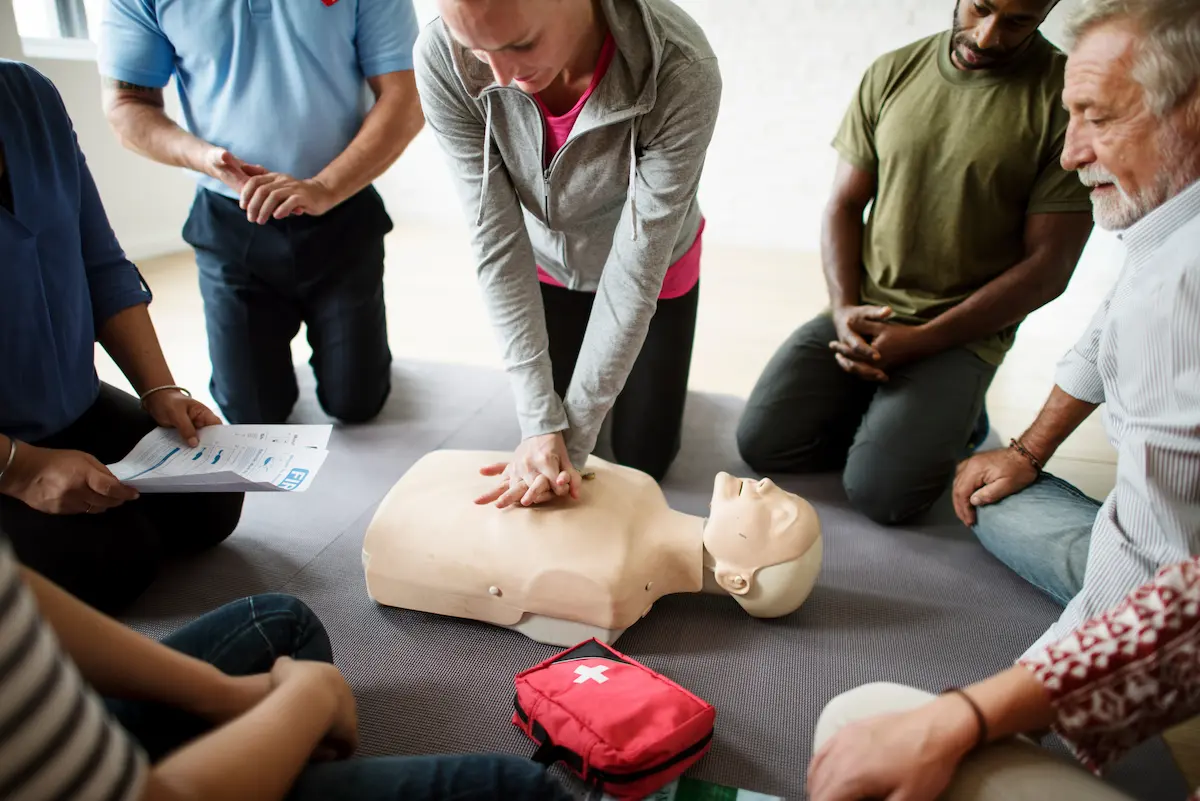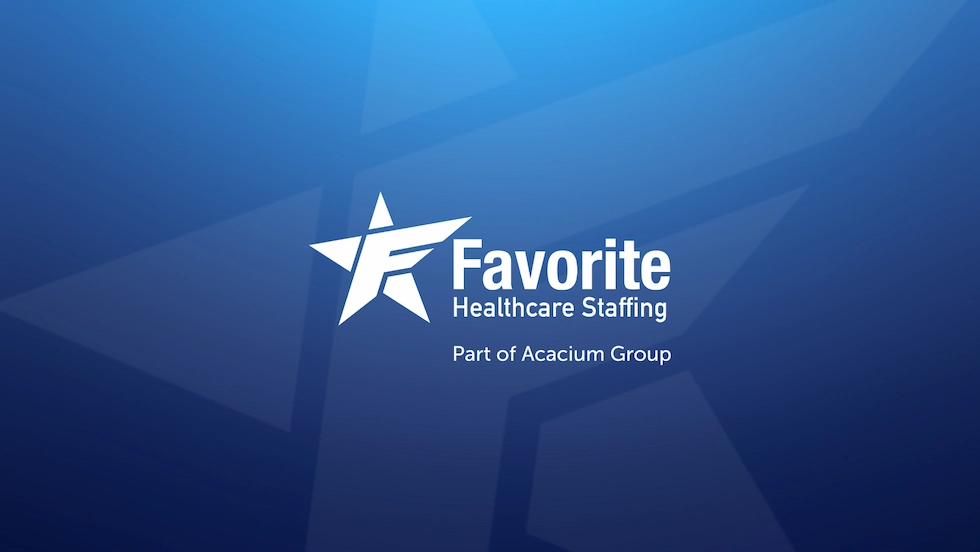April is Stress Awareness Month and Favorite is here to help our healthcare professionals achieve the perfect work-life balance!
We all know this past year has been challenging and emotionally draining in many ways. Because of this, stress management is more important now than it ever was before. Here are a few tips on how you can maintain the perfect work-life balance.
Getting Rid of Stress
Working in the healthcare field, there are moments of stress. You take care of others more than you would take care of yourself. In May 2020, a survey said that 59% of healthcare professionals stated that their mental health worsened since the pandemic began. This was caused by long hours, no time off, and the loss of paychecks. One thing that healthcare workers must remember is to take care of their health so they can continue to work and care for their patients.
Caring for Yourself Helps You Care for Your Patients
As the pandemic continued to worsen in the past year, we saw healthcare professionals become more tired and worn down than ever before as they helped our communities fight COVID-19. It’s hard to stay connected with a job when you are stressed or having a hard time at your workplace.
If you think you are failing or not doing your best at your workplace, this could also affect the care of your patients. You do not want to jeopardize the outcome of those who are in your care. Your health and wellness should also be a priority so your patients’ health can get better. You, as the healthcare professional, have to be okay to help your patients be okay.
The Perfect Balance as a Healthcare Professional
- First, never be afraid to ask for help. Figuring out where your stress is coming from, asking for help on how to maintain the stress, and creating a balance for your work is important. Whether it’s taking time off or allowing someone else to help with your patients, just remember it is okay to ask for help.
- Scheduling around work and your personal life can be a challenge sometimes. Creating a realistic schedule will help you avoid burnout and work stress. Make sure to always schedule some “me time” and enjoy the things you love most. Prioritize things that you need to complete first, but never overdo them.
- Sleep is very important in achieving your boundaries between home and professional life. More than half of healthcare workers aren’t even getting seven hours of sleep. Try to focus on getting more sleep and going to bed earlier. It is recommended that you need between seven to nine hours of sleep each night to function properly throughout your day.
- We all know that our healthcare professionals are constantly on their feet. Investing in some good footwear could, for one, up your shoe game, but also protect your feet from pain and swelling. Remember to elevate your feet, ice them, and get regular massages to let go of some of the pain. This could also be a good way to pamper and reward yourself.
- Your overall health is an important aspect of balancing your career. A healthy lifestyle can relieve stress and improve mental health, which can help you help your patients heal. Choose simple forms of exercise like going for a walk or riding a bike. Bodyweight exercises or simply signing up for a gym can also positively impact you as a healthcare professional.
This guide and the tips provided will help healthcare professionals as they continue to care for their patients. Never forget that it’s okay to put yourself first sometimes. If you take care of yourself, you will do better at taking care of others!
If you want to learn more about Favorite, you can check out more posts on our healthcare blog. Follow us on social media on Facebook, Instagram, LinkedIn, and Twitter for updates from us!
References:
https://www.edumed.org/resources/achieving-work-life-balance-in-healthcare/
https://www.beckershospitalreview.com/workforce/59-of-healthcare-workers-say-their-mental-health-worsened-from-pandemic.html
The information in this blog is for general informational purposes only and not a substitute for professional medical advice. Always consult a qualified healthcare provider for personalized guidance. The authors and publishers are not liable for errors or omissions, and reliance on the content is at your own risk.





